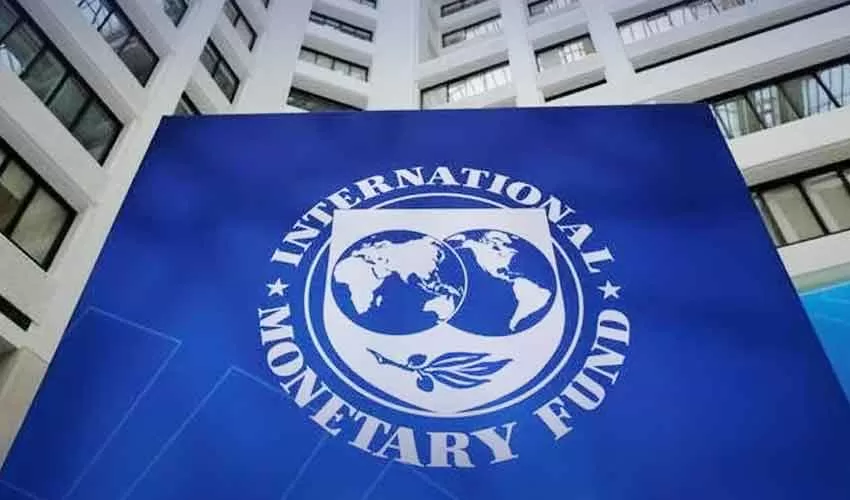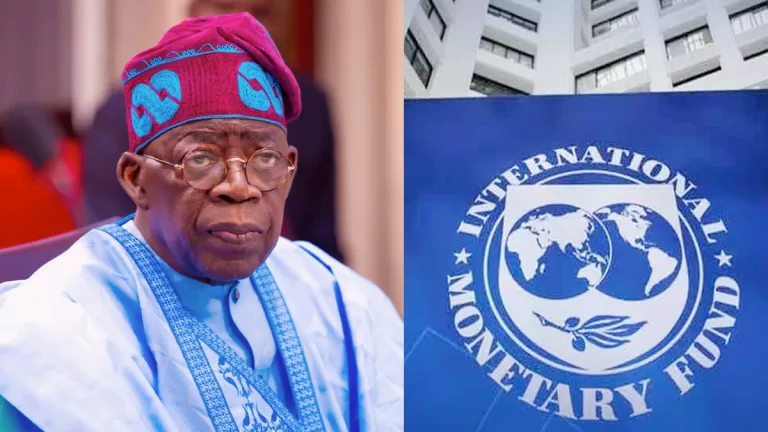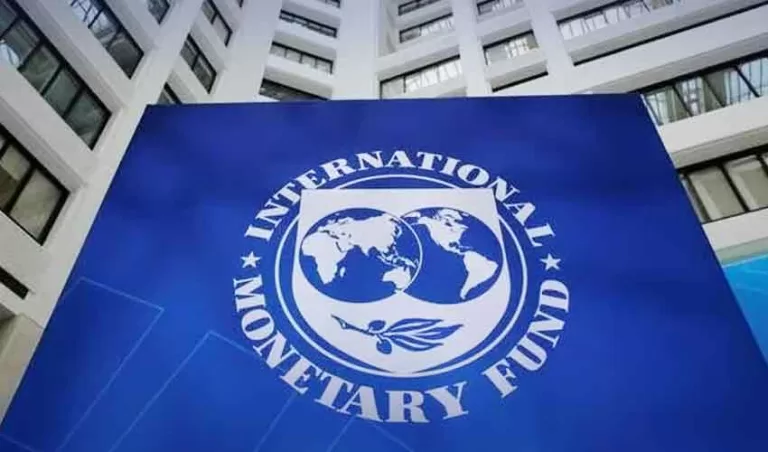
Abuja, Nigeria – The International Monetary Fund (IMF) has revised Nigeria’s 2025 economic growth forecast downward to 3.0%, citing declining global crude oil prices as a key factor dampening prospects for Africa’s largest economy.
The adjustment was announced in the IMF’s April 2025 World Economic Outlook (WEO), unveiled on the sidelines of the ongoing Spring Meetings of the IMF and World Bank in Washington, DC. The revised figure marks a 0.2 percentage point drop from the Fund’s earlier estimate of 3.2%.
“Among the larger economies, the growth forecast for Nigeria is revised downward by 0.2 percentage point for 2025 and 0.3 percentage point for 2026, owing to lower oil prices,” the report stated.
Regional Impact of Global Headwinds
The IMF’s report paints a broader picture of economic headwinds across sub-Saharan Africa. Regional growth is now expected to dip slightly to 3.8% in 2025, down from 4.0% in 2024, before posting a modest recovery to 4.2% in 2026.
South Africa, the continent’s second-largest economy, also faces a more substantial downgrade with its 2025 growth forecast cut by 0.5 percentage points, reflecting a weaker-than-expected performance in 2024, along with deteriorating investor sentiment, mounting uncertainty, and the ripple effects of slowing global demand.
Oil-Dependent Economies Under Pressure
For Nigeria, which relies heavily on oil exports to fund government spending and stabilize its currency, the IMF’s downgrade highlights the country’s vulnerability to global commodity cycles. Despite efforts to diversify the economy, the recent slide in oil prices continues to weigh on fiscal and external balances.
The situation is even more dire in South Sudan, where the IMF slashed the 2025 forecast by an extraordinary 31.5 percentage points due to delays in resuming oil production following damage to a major pipeline.
The IMF’s projections underscore the urgent need for African economies to deepen structural reforms, strengthen domestic revenue mobilization, and reduce over-reliance on volatile commodity markets in the face of mounting global uncertainty.
“Resilience will depend on a mix of sound macroeconomic management, policy predictability, and targeted investments in productivity-enhancing sectors,” the report added.
As global financial conditions tighten and geopolitical risks persist, the IMF’s latest outlook serves as both a warning and a call to action for Nigeria and its peers to reinforce economic buffers and prioritize sustainable growth strategies.







